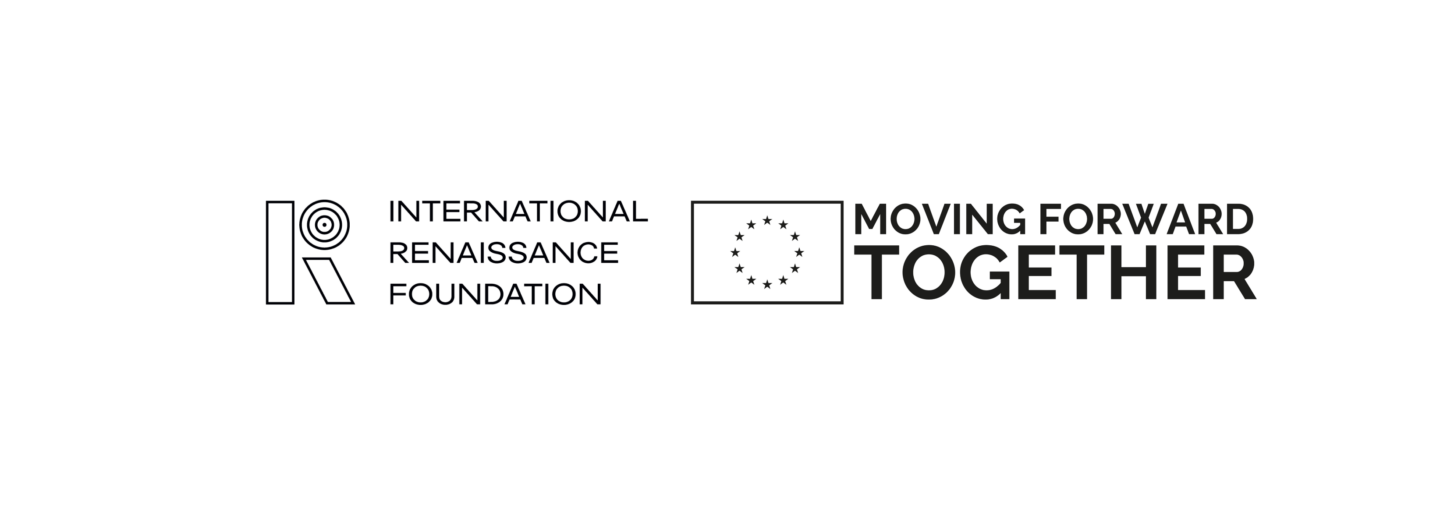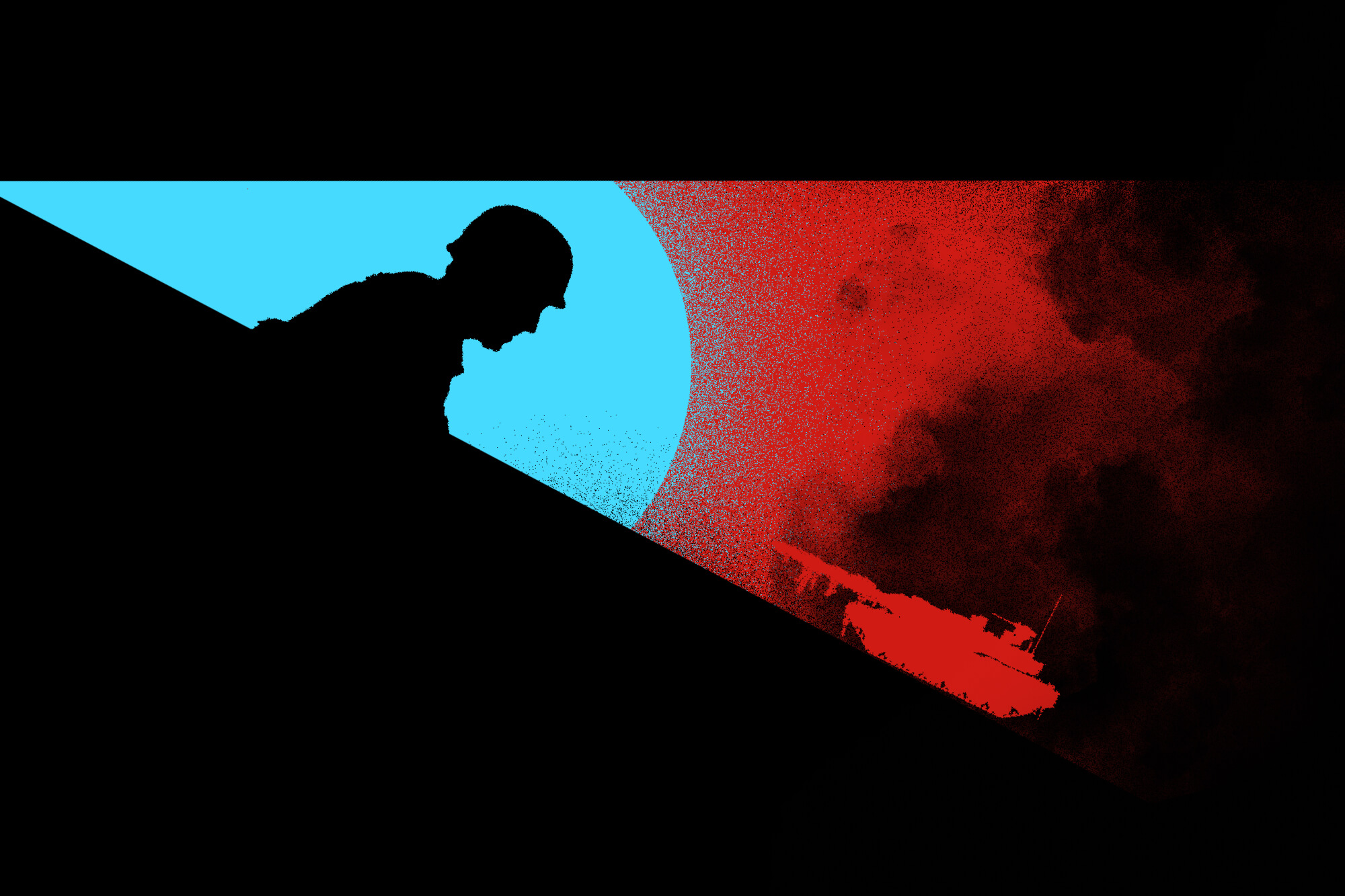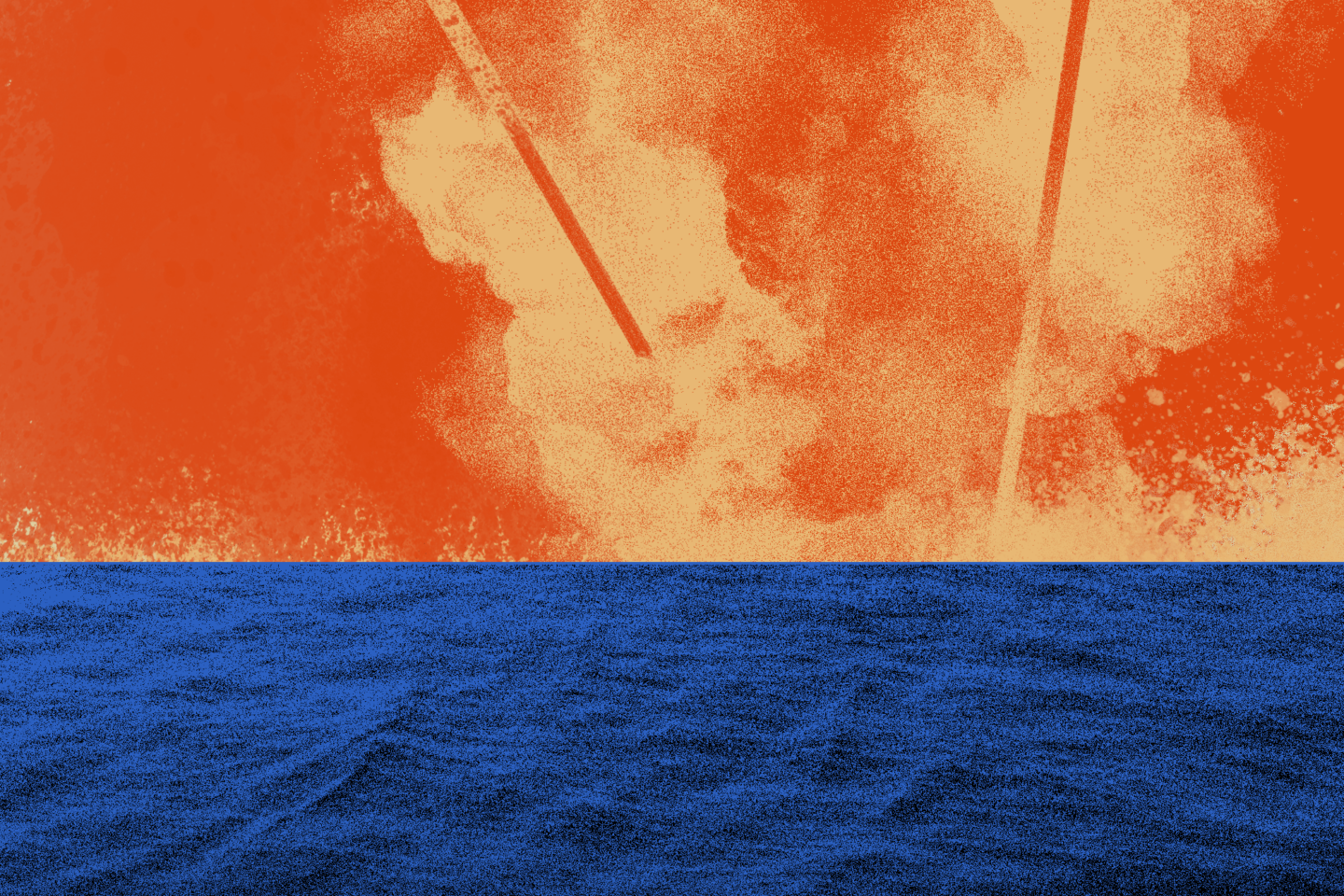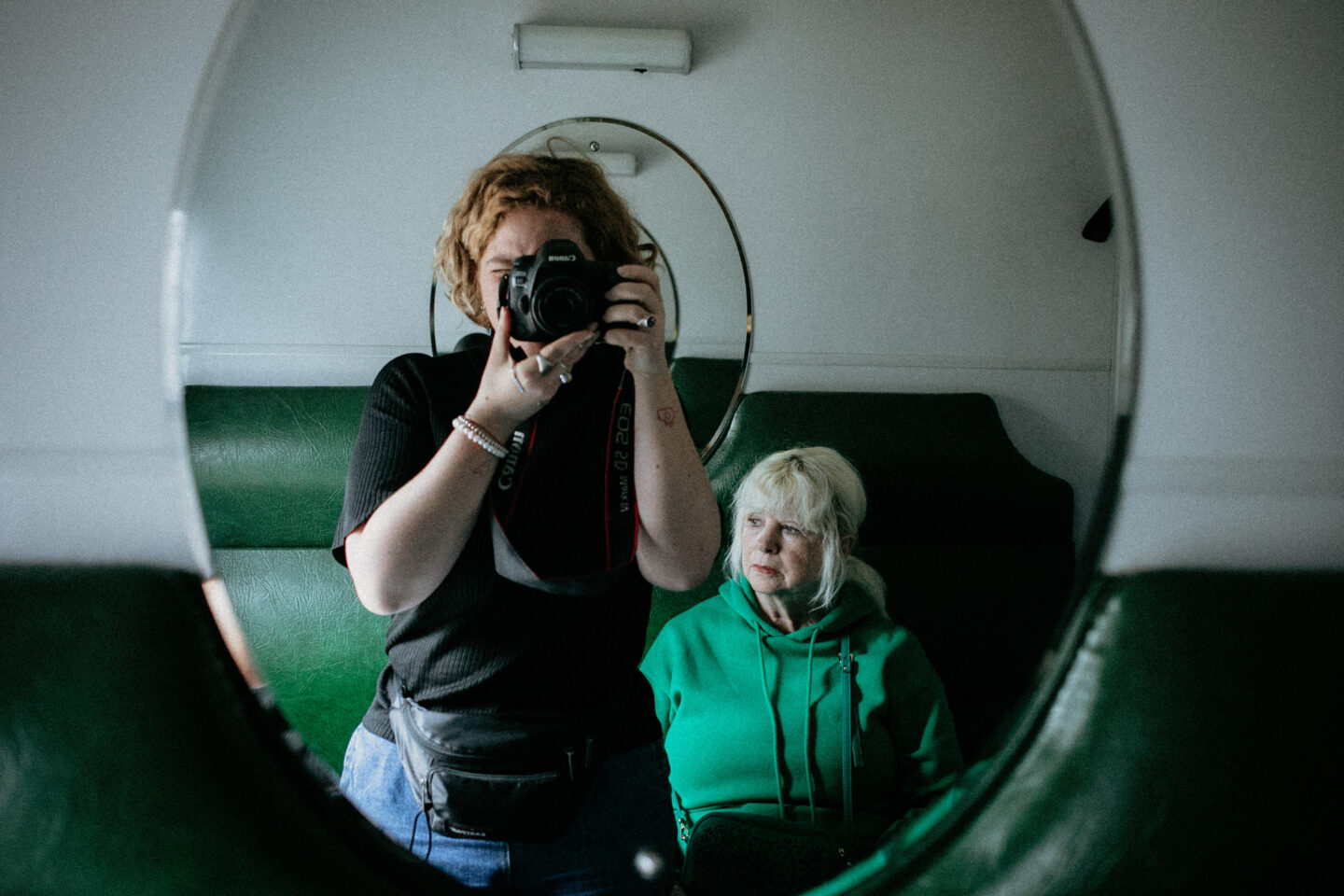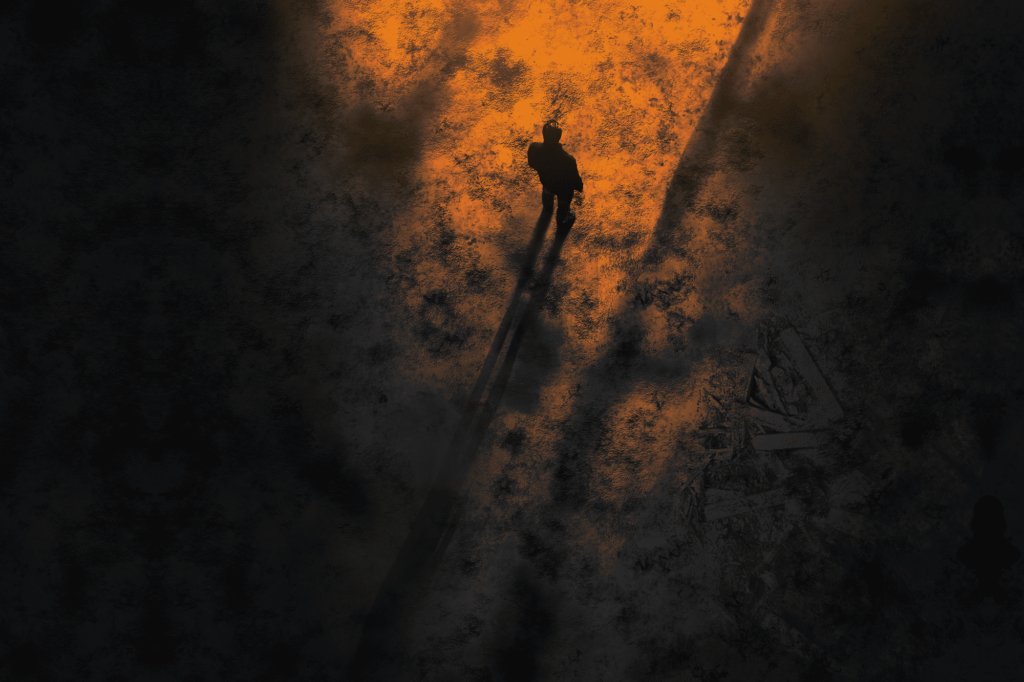Present day me would be unlikely to agree with 2013 me.
In the last ten years we went through rapid changes. Every day we would come up with centuries-old traditions, connecting our present to the past with straight lines—and convincing ourselves that everything that’s happening has been historically pre-conditioned. However, the interesting thing is that our history could have turned in a completely different direction, especially considering that there have been plenty of crossroads on our way.
The victory of the Maidan in itself did not guarantee us a national awakening. If a delegation from Moscow had come to Kyiv the day after Yanukovych had fled, and expressed condolences for the people killed, condemnation of the runaways, and propositions of discounts on natural gas, everything could have turned out differently. At the time, the only alternative to “Yanukovych’s Ukraine” was “Yushchenko’s Ukraine,” which contained everything listed above, and then some.
In this alternative 2014 we still don’t have an army. The volunteer movement is fizzling out. The majority of the country still doesn’t know where Slovyansk, Savur-Mohyla, and Horlivka are situated. Those who talk about a threat coming from Russia are called provocateurs. Tanned Dutch tourists return home from Malaysia on the Boeing plane.
Ukrainian media broadcast in Russian. There is no Orthodox Church of Ukraine. The most popular social media is Vkontakte. Decommunisation is postponed to some other time. The main purpose of the country is to transit Russian gas.
In Crimea, there are joint drills of the Black Sea Fleet and the Ukrainian Navy. At the fall elections, the “Party of Regions”—after a rebranding—gets half of the seats in parliament. The Association with the EU has been signed—then Brussels asks Ukraine to indulge Moscow’s interests. The main event of the year is the Olympics organized by Moscow. Nobody knows where Viktor Yanukovych is hiding.
This scenario is not even a little bit far-fetched. It already happened in Ukrainian history—after the Orange Revolution. Our country has for years been balancing between those for whom independent Ukraine was of great value and those for whom it was just a fact of life. This balance didn’t break during the Revolution of Dignity. This balance was broken by war.
We were not the only authors of our own history. It was being co-written by the country with which we are at war.
And even war didn’t pave the road that would safeguard us from the zigzags of history. Our country goes with the heart more often than the head, and we have proven our ability to fall in love with people that we barely know all too often.
In the summer of 2015, the most popular person in the country was Semen Semenchenko. In the summer of 2016, the highest ranking in the presidential election poll was held by Nadiia Savchenko. In 2017, Mikheil Saakashvili tore his way through the Polish-Ukrainian border towards his political career. In the fall of 2018, Yuliia Tymoshenko returned to the first place in presidential ratings.
By the way—many still hold the belief that in the last presidential election the country was choosing between Petro Poroshenko and Volodymyr Zelenskyy, as if the sixth president of Ukraine had deprived the fifth of a second term. In reality, the only alternative in the spring of 2019 would have been the choice between Zelenskyy and Tymoshenko.
All sociological polls of the fall of 2018 were quite synchronous. Yuliia Tymoshenko was gaining popularity, organizing large conventions, and was preparing for her move to Bankova. All models of the second round of voting showed Tymoshenko overcoming any of her opponents. So if anyone should hold a grudge against Volodymyr Zelenskyy, it should be her.
We’re still arguing about how history might have turned out if the current president of Ukraine had decided to stay in show business. But one thing we know for sure—today, our Supreme Commander-in-Chief would have been Yuliia Tymoshenko. She would have certainly had to serve in this role, because whether the full-scale invasion happened or not did not depend on the name of the president of Ukraine. It only depended on the age of the president of Russia.
Authoritarian systems often act according to how loud the “clock is ticking” for its national leader. If this person is convinced that their purpose is to write a new history book, they will pay no attention to any accompanying losses. They will pay attention to their current age, as only old age can really prevent them from realizing that dream.
The full-scale invasion escalated from the previous hybrid war not because Ukraine did something wrong. It happened only because Putin aged ten more years. He wanted to make sure he got to take his revenge for 1991, and that mattered to him more than any losses suffered. The implacability of any other Ukrainian president might not have postponed the war, but accelerated it, because this implacability would not leave any hope for the Russian autocrat that he might be able to achieve his goals without any invasion.
Ten years ago Ukrainians chose to be the authors of their own history. Since then we’ve been living in a constant state of stakes being raised. For any step we take, the enemy makes his own.
The enemy’s obsession with us becomes a current that forces us to swim in the opposite direction. His rejection of compromise prevents us from compromising in return. We must protect our identity, because in order to claim victory over it, Moscow is prepared to kill its carriers—all of us.
These ten years illustrate the scale of the progress already made. However tempting it is to create a version yourself from the perspective of the past, sometimes it serves well to look back and remember what we considered normal ten years ago, compare that with what we consider normal now, and remember the crossroads that might have tempted us to take the wrong turn.
Our neighbor dreams to write the final chapter of our history. So, within the framework of the politics of raised stakes, we are now forced to write our own version of their future. The ending of this fight is unknown—and anyone might become a co-author of the future. Not many generations are faced with such a challenge. Ours is.
What doesn’t kill you makes you stronger. That’s no big deal—we just have to not let ourselves be killed.
Illustration — Vadym Blonskyi
Translation — Liubov Kukharenko
§§§
[The translation of this publication was compiled with the support of the European Union and the International Renaissance Foundation within the framework “European Renaissance of Ukraine” project. Its content is the exclusive responsibility of the authors and does not necessarily reflect the views of the European Union and the International Renaissance Foundation]
